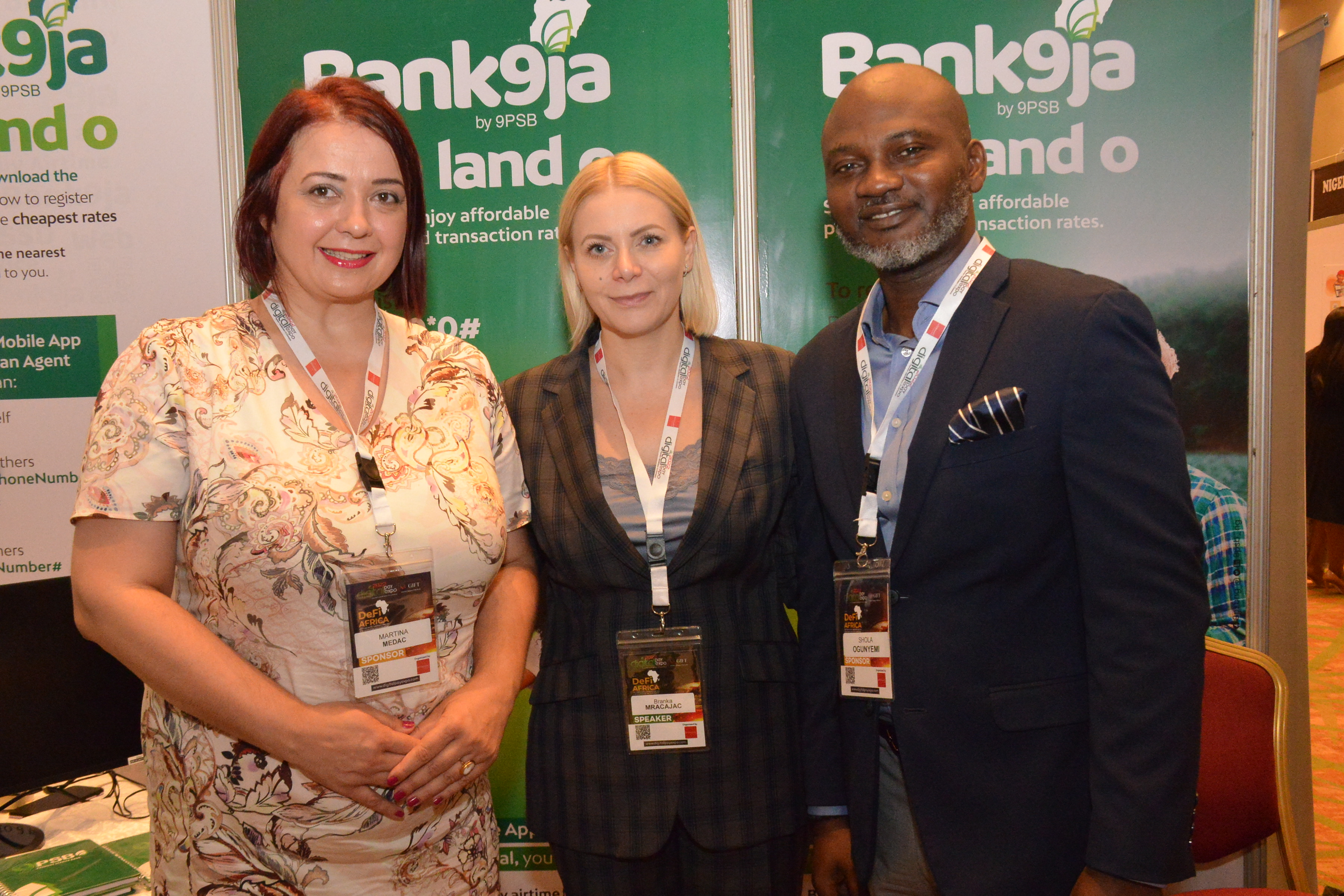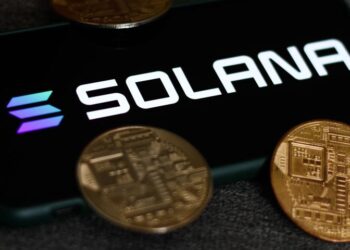Across the world, Decentralised Finance (DeFi) is gaining massive popularity as it offers a ray of hope for millions of the world’s unbanked population. The reason for the adoption isn’t far-fetched; DeFi provides financial access to everyone, irrespective of their status or where they are located.
Powered on a blockchain technology, DeFi lowers the barrier to entry, cuts cost and empowers users, while representing a break from the traditional banking services which in many cases fail to address the needs of the common man. Consequently, DeFi is playing a critical role in bridging the world’s financial inclusion gap and changing its economic fortune.
It is well known that financial inclusion supports overall economic growth and the achievement of broader development goals. It is estimated for instance, that digital finance which is the access and usage of formal financial services by the excluded population could benefit billions of people by stimulating inclusive growth that would add $3.7 trillion to the GDP (gross domestic product) of emerging economies within a decade.
But, despite its socio-economic impact, financial inclusion remains elusive to a significant number of households and businesses across the world, with about 350 million unbanked adults in Sub-Saharan Africa accounting for about 17 per cent of the world’s global 1.7 billion unbanked individuals.
Sadly, Nigeria contributes to the bulk of figures within the region, with about 36 per cent (or 38million) of Nigerian adults financially excluded. Although this figure is an improvement from the figures of 2018, there is still a lot to be covered to achieve the National Financial Inclusion Strategy target as well as to drive the country’s economic growth.
Given the adoption of DeFi and the astronomical rise in the number of fintechs operating in Nigeria, it remains baffling that the country is still far from achieving its financial inclusion goal.
Several roadblocks accounts for the slow progress. One of them is the complexity of the system for an average person or small and medium business to get started with banking, let alone to access some of the more advanced financial products or services.
While there are many stakeholders in the financial ecosystem working continuously to simplify their own processes for the best customer experience, the challenges remain and due to these, customer experience is not seamless, neither for Fintechs nor the customers.
Speaking at the recently concluded 2022 Digital PayExpo Conference and Exhibition, themed: DeFi Africa: Beyond Hype, Understanding Use Cases for the Continent, the Chief Executive Officer and Managing Director, 9PSB, Branka Mracajac while delivering a presentation on “Financial Inclusion and The Prospect for Banking the Unbanked,” remarked that to attain true financial inclusion, products and services must be made simple for users to seamlessly and effectively participate in the financial ecosystem.
According to Mracajac, this is necessary to bring financial services to the doors of the financially excluded, who represent the other side of Nigeria and are not empowered enough to access digital financial services.
She said, “We understand that there are two sides of Nigeria. And to bring financial services to the homes of those who are financially excluded, we must provide a secure agent network which will be the last mile for delivering when it comes to products. We are closing the inclusion gap also by leveraging technology to create different easy-to-access, easy-to-use and innovative products and services to drive adoption and usage of financial services.”
Beyond innovative yet simplified products and services, she emphasized that financial literacy and industry collaboration are fundamental factors to driving economic growth and closing the financial exclusion gap. According to her, while industry players focus on simplifying the system, there is also the need to promote financial literacy to move the needle and to create opportunities for access to funds.
Citing that the most challenging countries to drive financial inclusion are countries where there is no motivation to be included in the ecosystem, she said, “What that means is that the people are not thinking about joining the financial or formal economic segment as they have no need to either apply for a mortgage or for a loan to buy a car or other items. We need to change the game to financially include every Nigerian.”
She urged for strategic collaboration among stakeholders to deliver the Central Bank of Nigeria’s vision for inclusion and moving the Nigerian economy from cash-based to cashless, stating: “As much as we are a bank, focusing on our social objective to close financial exclusion gap in Nigeria, driven by simple and accessible technology, we are also creating innovative solutions for Fintechs and other players in the market who need these services to provide seamless customer experience to their own customers”.
9PSB boasts of a suite of products and solutions that facilitate seamless merchant payments and collections across multiple channels. The bank recently created a custom-tailored solution: Bank9ja; a bank agnostic mobile App and web platform designed to serve both the entirely excluded and the included but underserved population in country, by allowing easy access and connection regardless of their previous banking experience.
In addition, 9PSB has created a scalable and sustainable agent banking model to reach the last mile customers. Through strategic partnerships with critical stakeholders in various sectors we are able to provide easy access and affordable financial services even in the most remote areas.
For 9PSB, the end goal is to help streamline all the services and processes and to upgrade the business environment that will simplify access to payment services both for its partners and consequently for customers, whether they are MSMEs or individual end users.














